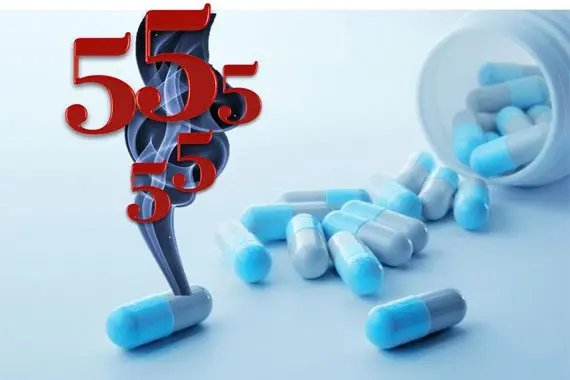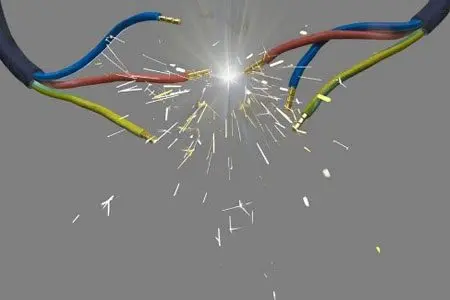
For parents of pupils and students preparing for the USE exams, sessions, etc.

Of course, nothing can be learned in a few days, but if the student has been intensively preparing, then it is important that an attempt to help with medication does not cause the opposite effect. I’ll tell you what you can and can’t do.
1. I’ll start by saying what not to do. In no case do not use a new medicine on the day of the exam (for calming, for stimulation and in general any). We are talking not only about a possible allergic reaction, but also in general about paradoxical or therapeutic reactions of the examinee to the medicine. The reaction to the medicine may be unexpected for you, and you yourself will send the child for a retake.
2. Psychostimulants. All psychostimulants steal time from the future and give only a small part of it today. If today you stimulated yourself with energy drinks, or other supplements, then the next day you will oversleep more than usual. If you use psychostimulants for a long time, there is a risk of developing addiction. Therefore, during long-term training, I do not recommend using them – the total loss of time will be much greater than the short-term benefit. With proper preparation for the exam, most of the scores lost by students are due to excitement and not paying attention. Don’t give on the day of the exam, psychostimulants (energy, tonics, dietary supplements with a stimulating effect, etc.), especially if you see that he is overexcited, very nervous, etc.
3. Sleep normalization. Sleep is necessary for recording and “formatting” information. If we compare the brain with a computer, then during sleep we rewrite information from RAM to our “hard disk” – long-term memory and make room for new information. If a child has a sleep disorder, there can be many reasons. In adolescents, sleep is almost always shifted, this is due to hormonal changes. Without a prescription to normalize sleep can be purchased herbal preparations containing motherwort, valerian, and melatonin – a drug that normalizes the cycles of sleep and wakefulness. Antihistamines can also cause drowsiness, but it tends to last longer than necessary and persist into the next day, so I don’t recommend using them while preparing for exams.
Depression and neurotic disorders are often accompanied by sleep disturbance. During the period of passing the exam, such reactions in adolescents are not uncommon. Teenagers often do not share their problems with their parents, so look for changes in behavior: frequent outbursts of anger or tearfulness, loss of interest and pleasure in favorite activities, constant conflicts with friends, sloppiness, auto-aggression (self-harm), and others … If you If you notice anything like this, be sure to visit a specialist. A psychiatrist, a psychotherapist with a psychiatric education, neurologists specializing in the field of neuroses can help.
3. Physical or mental exhaustion (asthenia). Prolonged overwork as a result of preparing for exams, especially in combination with excessive use of the Internet and computer games, can lead to the development of asthenic syndrome.

If fatigue does not go away after rest, if a small load quickly leads to fatigue, perhaps we have depleted our reserves and we need something else. After a severe infection, asthenia can also develop, which is associated with the action of viruses and toxins on the nervous system, and it will certainly slow down the preparation and affect the results of exams. Additional complaints may be dizziness when standing up (“flies” in the eyes), as well as frequent complaints of headaches, and in younger children, complaints of abdominal pain. Here we can recommend a very specific pharmacotherapy that can help.
What is this about?

We are talking about the myelin (sheath) of the nerve processes and the building material for it – NAA (N-acetylaspartate). Myelin is like a sheath in wires – nerve fibers need it in order for current to be transmitted quickly and without loss.
What you need to know about NAA?
NAA – decreases with any damage to the nerve processes, after concussions and injuries, with post-viral asthenia, in children with attention deficit disorder, especially with gambling addiction, as well as in children with dyslexia.
NAA is a marker of creativity and education – it is higher in people who have higher IQs (people who do better on intelligence tests), as well as those who have studied more, those who have better attention and memory. There are many publications about NAA and its function (N-acetilaspartat) in foreign scientific journals.
In the presence of asthenic syndrome, when preparing for exams, it can be recommended to drink a course of a drug that contains an analogue of natural NAA. The drug is called Cogitum. The drug is produced in the form of drinking ampoules sealed on both sides, the instructions describe in detail how to open them. It, unfortunately, is not cheap, and it has no analogues, but it has an over-the-counter status and therefore it can be purchased independently.
4. Practical recommendations. Diversify your learning. Alternate study and physical activity, it is also necessary for the brain. Alternate perceptual systems. There are many videos and audio clips on the Internet on various topics. For some, information is better perceived through hearing. But do not overdo it – the speed of oral speech is slower than our ability to read. Use mnemonic clues (the most famous example of how to remember the order of colors: “every hunter wants to know where the pheasant sits”) they are available in almost all complex subjects, you can type on the Internet or ask experienced comrades or teachers. It is easier for us to remember when new information is associated with existing information, as well as when we understand this information. Look for associations that will help you. For example, Svyatoslav died in 972 – exactly a thousand years before the birth of my dad, etc.
Good luck and diligence in your studies!









